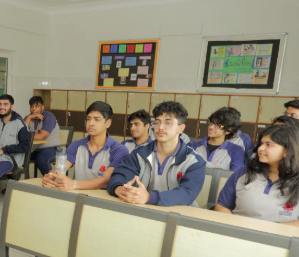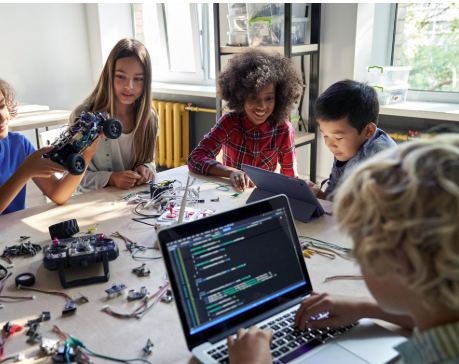Early childhood is a critical period for cognitive, social, and emotional development. Innovations in early childhood education are reshaping how young learners explore the world, build foundational skills, and develop a love of learning. With the help of new teaching methods, digital tools, and inclusive practices, educators are creating more engaging and supportive environments that meet the diverse needs of young children. Here’s how innovation is making a difference in early childhood education:
- Play-Based and Inquiry-Driven Learning
Innovative programs emphasize play and exploration as essential parts of early education. Through guided play, storytelling, and hands-on discovery, children develop language, problem-solving, and social skills in a natural and joyful way. - Digital Learning Tools for Young Learners
Apps and interactive games designed for preschoolers help reinforce literacy, numeracy, and motor skills. These tools offer age-appropriate content, intuitive interfaces, and fun characters that hold children’s attention while promoting learning. - Multisensory Learning Environments
Classrooms equipped with tactile materials, music stations, visual aids, and movement activities cater to different learning styles. Multisensory experiences help children retain information and develop stronger connections to concepts. - Family Engagement Platforms
Digital communication tools like ClassDojo and Seesaw help families stay connected to the classroom. Parents can view updates, share feedback, and support learning at home, creating a strong school-to-home partnership. - Inclusive and Accessible Education
Innovative early learning programs prioritize inclusivity with adaptive technologies, culturally responsive materials, and sensory-friendly environments. This ensures that children of all backgrounds and abilities have equal opportunities to thrive. - STEM Exploration for Early Learners
Even young children can engage with basic science, technology, engineering, and math through age-appropriate activities like building structures, coding toys, and simple experiments. These experiences lay the groundwork for future academic success. - Teacher Support and Professional Development
Online training platforms and learning communities provide early childhood educators with fresh ideas, research-based strategies, and peer collaboration. Continuous learning helps teachers apply innovation in developmentally appropriate ways. - Data-Informed Instruction
Assessment tools tailored for young children help educators track growth and adjust teaching accordingly. Observational checklists and digital portfolios offer insight into developmental milestones and learning progress. - Mindfulness and Social-Emotional Learning (SEL)
Innovative programs incorporate SEL into the daily routine through guided breathing, emotion recognition activities, and storytelling. These practices build empathy, resilience, and emotional intelligence from an early age. - Outdoor and Nature-Based Learning
Many innovative schools embrace nature as a classroom. Gardens, outdoor play spaces, and exploration-based lessons encourage curiosity, physical activity, and environmental awareness.
In summary, innovation in early childhood education is creating more engaging, inclusive, and developmentally supportive experiences for young learners. By blending research, creativity, and technology, educators are helping children build strong foundations for lifelong learning and success.














